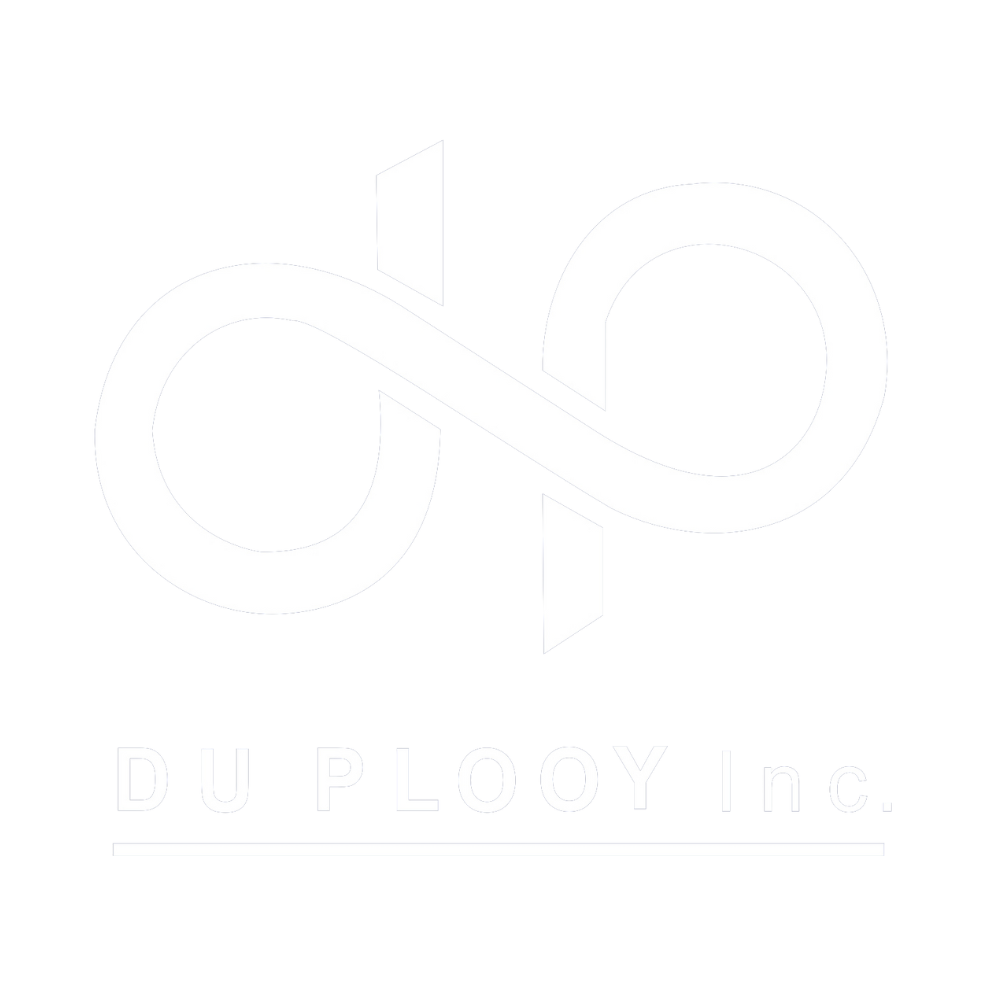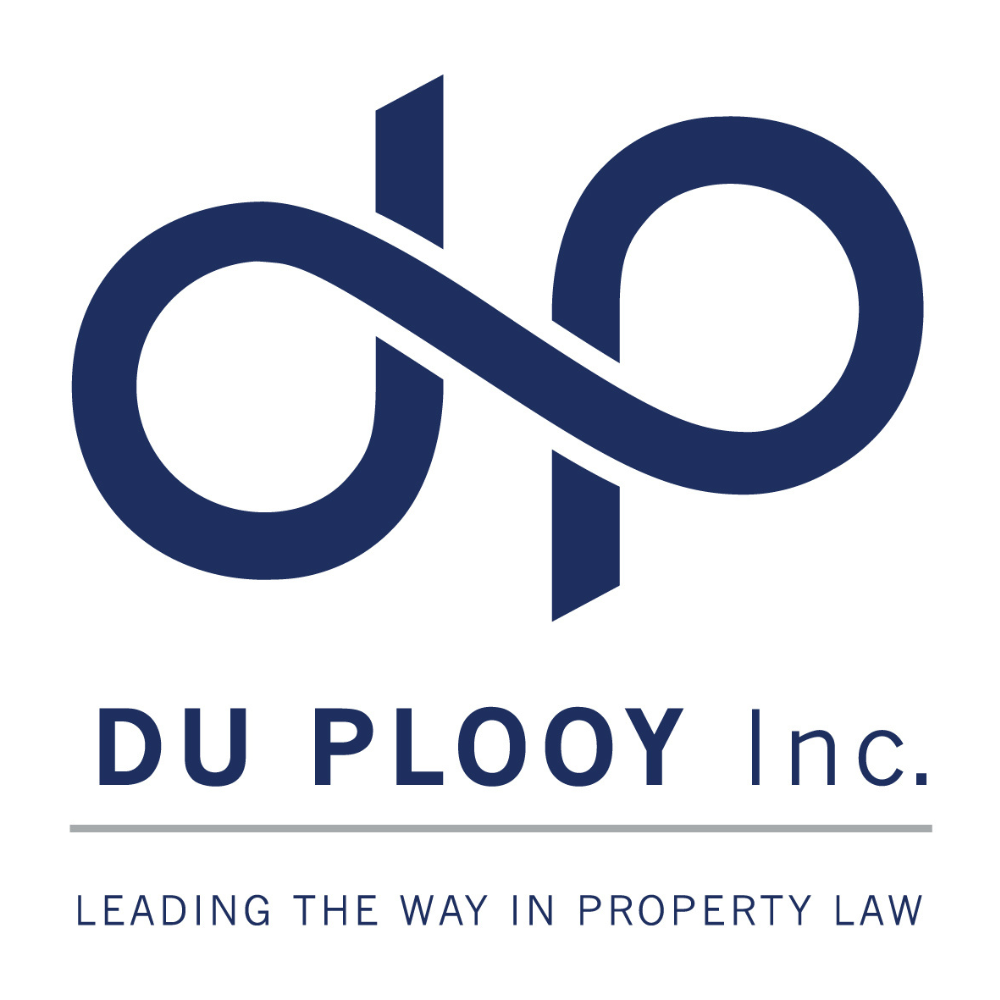Attorneys | Notaries | Conveyancers
Leading the way in
Property Law for
20 years.

Our Blog

Property deeds in South Africa: A deep dive into South African property law
Understanding the intricacies of property ownership in South Africa is essential for both homeowners and investors. A property title deed is the cornerstone of property ownership in South Africa. This legal document unequivocally establishes ownership and outlines the rights associated with a property. Understanding the different types of property deeds is crucial for property owners, buyers, and sellers alike. This blog aims to demystify the intricacies of South African property law by providing a clear and concise overview of the various property deed types.
Whether you're a seasoned property investor or a first-time homebuyer, gaining knowledge about freehold, sectional title, and leasehold properties is essential for making informed decisions. Join us as we delve into the world of property deeds and explore their implications for your property rights and obligations.
Your property, your rights: The role of title deeds
A property title deed is the definitive legal instrument establishing ownership of a specific property. It serves as undeniable proof of title, outlining essential property details such as location, boundaries, and ownership history. As a cornerstone of property law, the title deed safeguards property rights, providing owners with a legally defensible claim to their asset.
Its significance extends beyond ownership, as it is indispensable for various property transactions, including sales, mortgages, and transfers. A comprehensive understanding of the property title deed is essential for both property owners and those involved in the property industry to ensure legal clarity, security, and efficient property management.
Types of property deeds in South Africa
1. Freehold title deed
Freehold title is the most common form of property ownership in South Africa. It signifies complete ownership of both the land and any structures built on it. This means you have unrestricted rights to use, enjoy, and dispose of your property as you wish, subject to applicable laws and regulations.
Key Characteristics of Freehold Title:
Owners enjoy absolute control over their land, with no limitations on the duration of ownership. This unrestricted right extends to making modifications, additions, or alterations to the property as desired. Freehold owners have the liberty to dispose of their property as they wish, without restrictions. This degree of flexibility and freehold title offers a high level of property securityImportant to note: While freehold ownership offers significant freedom, it also comes with responsibilities, such as paying property taxes and maintaining the property.
2. Sectional title deed
A sectional title deed represents ownership of a specific unit within a larger complex, such as an apartment building or townhouse complex. Unlike freehold ownership, where you own the land and everything on it, a sectional title owner owns their individual unit and shares ownership of the common areas with other unit owners.
Key Features of Sectional Title Ownership:
Sectional title involves shared ownership. Individuals own their unit but share common areas. A body corporate manages the complex, collecting levies, and enforcing rules.
3. Leasehold title deed
A leasehold title deed represents a long-term lease of a property. Unlike freehold ownership where you own the land outright, with a leasehold, you have the right to use and occupy the property for a specific period, typically ranging from 30 to 99 years.
Key Characteristics of Leasehold Property:
Leasehold ownership grants temporary occupancy rights to a property in exchange for ground rent. Unlike freehold, leasehold has a defined term and is subject to landlord restrictions. Owners have limited control over the property, and securing a mortgage can be challenging.Important Considerations: Before purchasing a leasehold property, it's crucial to carefully examine the lease agreement, understand the remaining lease term, and consider the potential implications for the future. Consulting with a property lawyer is highly recommended.
Which Property Title Deed is Right for You?
Understanding the complexities of property ownership in South Africa is essential for making informed decisions. By grasping the distinctions between freehold, sectional title, share block, and leasehold properties, you can better appreciate the implications of each type on your rights, responsibilities, and investment.
While this blog provides a general overview, it's crucial to seek expert legal advice for specific property matters. Du Plooy Inc., with our expertise in property law, can offer tailored guidance to address your unique circumstances and protect your interests.
Newsletters
Stay ahead of the curve with Du Plooy Inc.'s legal newsletters! Our concise updates deliver insights on property law, keeping you informed on the latest regulations and rulings.
2025
May
2024
Attorneys | Conveyancers | Notaries
Leading
the way in Property Law
for 20 years.

Our Blog

Property deeds in South Africa: A deep dive into South African property law
Understanding the intricacies of property ownership in South Africa is essential for both homeowners and investors. A property title deed is the cornerstone of property ownership in South Africa. This legal document unequivocally establishes ownership and outlines the rights associated with a property. Understanding the different types of property deeds is crucial for property owners, buyers, and sellers alike. This blog aims to demystify the intricacies of South African property law by providing a clear and concise overview of the various property deed types.
Whether you're a seasoned property investor or a first-time homebuyer, gaining knowledge about freehold, sectional title, and leasehold properties is essential for making informed decisions. Join us as we delve into the world of property deeds and explore their implications for your property rights and obligations.
Your property, your rights: The role of title deeds
A property title deed is the definitive legal instrument establishing ownership of a specific property. It serves as undeniable proof of title, outlining essential property details such as location, boundaries, and ownership history. As a cornerstone of property law, the title deed safeguards property rights, providing owners with a legally defensible claim to their asset.
Its significance extends beyond ownership, as it is indispensable for various property transactions, including sales, mortgages, and transfers. A comprehensive understanding of the property title deed is essential for both property owners and those involved in the property industry to ensure legal clarity, security, and efficient property management.
Types of property deeds in South Africa
1. Freehold title deed
Freehold title is the most common form of property ownership in South Africa. It signifies complete ownership of both the land and any structures built on it. This means you have unrestricted rights to use, enjoy, and dispose of your property as you wish, subject to applicable laws and regulations.
Key Characteristics of Freehold Title:
Owners enjoy absolute control over their land, with no limitations on the duration of ownership. This unrestricted right extends to making modifications, additions, or alterations to the property as desired. Freehold owners have the liberty to dispose of their property as they wish, without restrictions. This degree of flexibility and freehold title offers a high level of property securityImportant to note: While freehold ownership offers significant freedom, it also comes with responsibilities, such as paying property taxes and maintaining the property.
2. Sectional title deed
A sectional title deed represents ownership of a specific unit within a larger complex, such as an apartment building or townhouse complex. Unlike freehold ownership, where you own the land and everything on it, a sectional title owner owns their individual unit and shares ownership of the common areas with other unit owners.
Key Features of Sectional Title Ownership:
Sectional title involves shared ownership. Individuals own their unit but share common areas. A body corporate manages the complex, collecting levies, and enforcing rules.
3. Leasehold title deed
A leasehold title deed represents a long-term lease of a property. Unlike freehold ownership where you own the land outright, with a leasehold, you have the right to use and occupy the property for a specific period, typically ranging from 30 to 99 years.
Key Characteristics of Leasehold Property:
Leasehold ownership grants temporary occupancy rights to a property in exchange for ground rent. Unlike freehold, leasehold has a defined term and is subject to landlord restrictions. Owners have limited control over the property, and securing a mortgage can be challenging.Important Considerations: Before purchasing a leasehold property, it's crucial to carefully examine the lease agreement, understand the remaining lease term, and consider the potential implications for the future. Consulting with a property lawyer is highly recommended.
Which Property Title Deed is Right for You?
Understanding the complexities of property ownership in South Africa is essential for making informed decisions. By grasping the distinctions between freehold, sectional title, share block, and leasehold properties, you can better appreciate the implications of each type on your rights, responsibilities, and investment.
While this blog provides a general overview, it's crucial to seek expert legal advice for specific property matters. Du Plooy Inc., with our expertise in property law, can offer tailored guidance to address your unique circumstances and protect your interests.
Newsletters
Stay ahead of the curve with Du Plooy Inc.'s legal newsletters! Our concise updates deliver insights on property law, keeping you informed on the latest regulations and rulings.
2025
May
2024
Trusted Expertise, Proven Results.
We've helped over 50,000 clients achieve success.

Trusted Expertise,
Proven Results.
We've helped over 50,000 clients
Achieve Success.

DU PLOOY Inc
Training Centre
Are you an Estate Agent or Mortgage Originator?
The KVV Training Centre is a platform for continued learning and education. This Centre is especially focused on Estate Agents and Mortgage Originators who wish to broaden their knowledge about the property industry and the legal implications of the elements associated with it.
Our directors are more than happy to do onsite training at your offices, in which case the material in the training centre can be used to reaffirm knowledge obtained during training. Alternatively, the Training Centre provides a welcome alternative to the learner who does not have time to sit in a classroom during the day and wishes to do training in his own time and in the comfort of his own home or office.
Certain of the programmes provide for a small knowledge test at the end, in order to obtain and print an Attendance Certificate as required by the PPRA.
Johannesburg
Monday - Friday: 8am to 5pm
Saturday & Sunday: Closed
Hermanus
Monday - Friday: 8am to 4.30pm
Saturday & Sunday: Closed
Follow us

Johannesburg
Monday - Friday: 8am to 5pm
Saturday & Sunday: Closed
Hermanus
Monday - Friday: 8am to 4.30pm
Saturday & Sunday: Closed
Follow us
© Du Plooy Inc 2025
© Du Plooy Inc 2025
